How an ineligible Indian think tank RRAG attempts to file complaint against Muhammad Yunus in the International Criminal Court
On June 6, 2025, Anindya Banerjee, Associate Editor of CNN-News18, reported that the Delhi-based think tank – Rights & Risks Analysis Group (RRAG) – claimed to have “built a case” against Muhammad Yunus. The group accused Yunus of orchestrating a series of political assassinations targeting members of the now-banned Awami League, formerly led by Sheikh Hasina, the ousted Prime Minister of Bangladesh.
According to the report, RRAG alleges that “at least” 123 Awami League members were murdered under Yunus’s authoritarian regime, with 41 individuals reportedly hacked to death in a manner reminiscent of Taliban-style executions. These shocking details have raised serious concerns among human rights observers and political analysts in South Asia and beyond.
Banerjee further noted that the so-called “comprehensive report”, reviewed by CNN-News18, is intended to be submitted as evidence to the International Criminal Court (ICC). The victims, according to RRAG, included not just mainstream Awami League members but also those affiliated with allied organizations such as the Swechchhasebak League, Chhatra League, Jubo League, Matshyajibi League, and Krishak League. The targeted killings reportedly occurred between August 5, 2024, and April 30, 2025.
The report also accuses the Yunus regime of carrying out 21 custodial deaths of Awami League activists during this period, attributing these fatalities to torture and inhumane treatment. Furthermore, RRAG claims that among the estimated 1,400 people killed between July 15 and August 5, 2024, were numerous Awami League supporters whose family members were too terrified to testify before a UN inquiry due to fear of reprisals.
It is important to note that the Yunus regime enforced a strict media blackout on Chapter 6 of the United Nations Human Rights Office (OHCHR) report released on February 12, 2025. This chapter included chilling accounts of mob lynchings, targeted assassinations of police officers, and the brutal elimination of political rivals. It clearly documented the involvement of jihadist groups operating in tandem with the current regime to destabilize the state and orchestrate a violent takeover of political power.
By deliberately concealing this critical information from the public, Yunus and his propagandists selectively exploited sections of the OHCHR report to craft a false narrative. They portrayed the Sheikh Hasina government as a perpetrator of human rights violations and crimes against humanity, despite mounting evidence to the contrary. Backed by substantial foreign funding, this orchestrated misinformation campaign was aimed at legitimizing Yunus’s unlawful regime in the eyes of the international community.
On November 25, 2024, the chief prosecutor of the International Criminal Court, Karim Khan, was invited to Bangladesh by the Yunus government. During his visit, Yunus declared that his administration intended to pursue charges of crimes against humanity against the former Sheikh Hasina regime, citing the so-called “massacre” committed during the July 2024 protests and the alleged enforced disappearances over Hasina’s 16-year tenure.
In response, Karim Khan stated that the ICC would “extend cooperation to the International Crimes Tribunal (ICT) of Bangladesh”, which has been investigating crimes related to the mass uprising. Following this development, the ICC began collaborating with the ICT to prosecute leaders of the Awami League, senior members of the armed forces, and pro-Awami League journalists and editors – many of whom had long defended the nation against radical and external threats.
However, this alignment between Yunus’s regime and the ICC faced a major setback when Karim Khan unexpectedly stepped down amid an internal investigation into allegations of sexual misconduct. His departure triggered a wave of uncertainty within the Court and raised serious questions about the integrity and direction of the ICC’s operations in Bangladesh.
The situation became even more complicated on June 5, 2025, when the US State Department, under the authority of President Donald Trump’s Executive Order 14203, imposed sanctions on several ICC judges. These sanctions were part of broader measures targeting the ICC for what Washington viewed as overreach and bias. In response, the European Union – long a defender of the ICC as a “cornerstone of international justice”- called for legal countermeasures against US actions.
Notably, in May 2025, ICC Chief Prosecutor Karim Khan lost access to his official email accounts, and his personal bank accounts were frozen. American ICC staff were warned that if they traveled to the US, they risked arrest. These developments significantly undermined the operational capacity and credibility of the ICC, putting all its active participants -including the prosecutors working with the Yunus regime – at risk.
At this juncture, it is highly uncertain whether any credible entity will formally approach the ICC with a complaint against Muhammad Yunus. Ironically, such a move could play directly into Yunus’s hands, allowing him to portray himself as a victim of political persecution and rally further support among sympathetic policymakers in Washington and Brussels.
Moreover, the idea that an Indian organization like RRAG can directly file a case with the ICC is legally unfounded. The Rome Statute – the treaty that established the ICC – allows only State Parties to formally bring cases. India, notably, has neither ratified the Rome Statute nor accepted the Court’s jurisdiction. Other major non-signatory countries include China, Russia, Israel, and the United States.
While the Rome Statute does permit individuals, NGOs, or civil society organizations to submit communications or information about potential crimes, this is not the same as filing a legal case. It is solely at the discretion of the ICC Prosecutor to assess whether such information merits opening a preliminary investigation. Given the longstanding cordial ties between Yunus and senior ICC officials – including Karim Khan – it is highly improbable that a complaint from an Indian think tank with no legal standing before the ICC would trigger meaningful legal action against Yunus.
Furthermore, the political motivations behind RRAG’s move raise additional concerns. The organization’s unilateral attempt to build an international case against Yunus, despite lacking jurisdiction or standing, may end up doing more harm than good. It risks inadvertently legitimizing Yunus’s regime by providing it an opportunity to deflect accountability and manipulate international opinion.
While RRAG’s intentions may stem from genuine concerns about escalating political violence in Bangladesh, the method it has chosen is fundamentally flawed and legally untenable. The submission of unverifiable claims to an already embattled and compromised ICC – by an entity with no jurisdictional authority – only serves to dilute the gravity of the crimes allegedly committed under the Yunus regime. At a time when Bangladesh stands at a dangerous crossroads between democracy and autocracy, reckless and ineligible interventions like this may end up emboldening the very forces that seek to destroy the country’s constitutional and secular foundations. What the international community truly needs is a transparent, accountable, and legally grounded effort to investigate the atrocities – not politically expedient theatrics disguised as justice.
Please follow Blitz on Google News Channel
An internationally acclaimed multi-award-winning anti-militancy journalist, writer, research-scholar, counterterrorism specialist and editor of Blitz. He regularly writes for local and international newspapers on diversified topics, including international relations, politics, diplomacy, security and counterterrorism. Follow him on ‘X’ @Salah_Shoaib
how-an-ineligible-indian-think-tank-rrag-attempts-to-file-complaint-against-muhammad-yunus-in-the-international-criminal-court

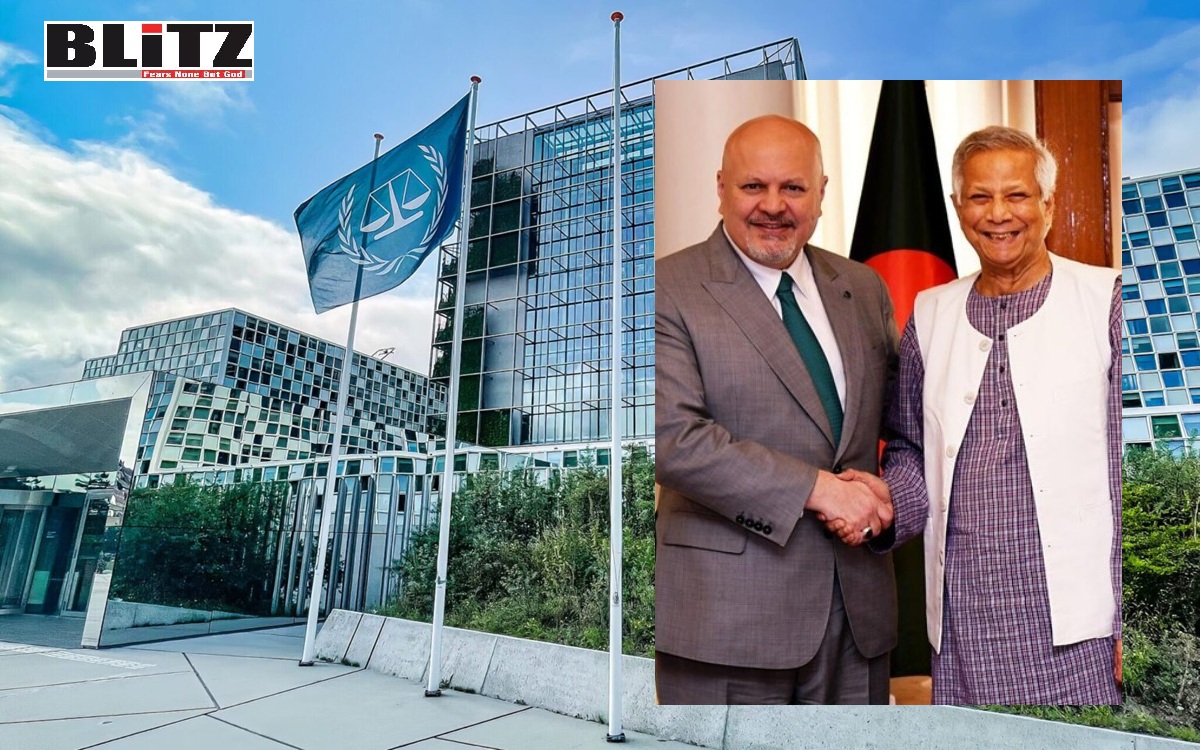

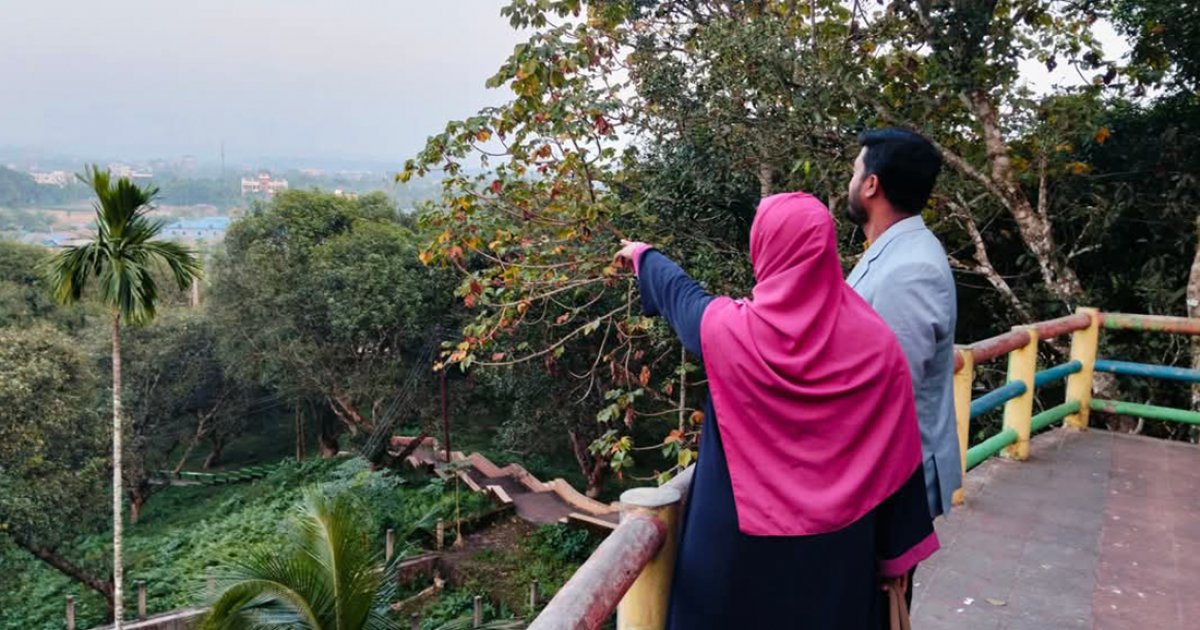




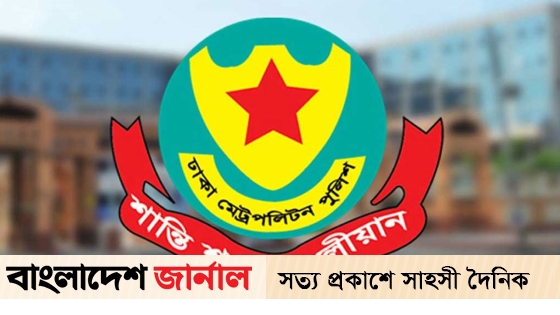

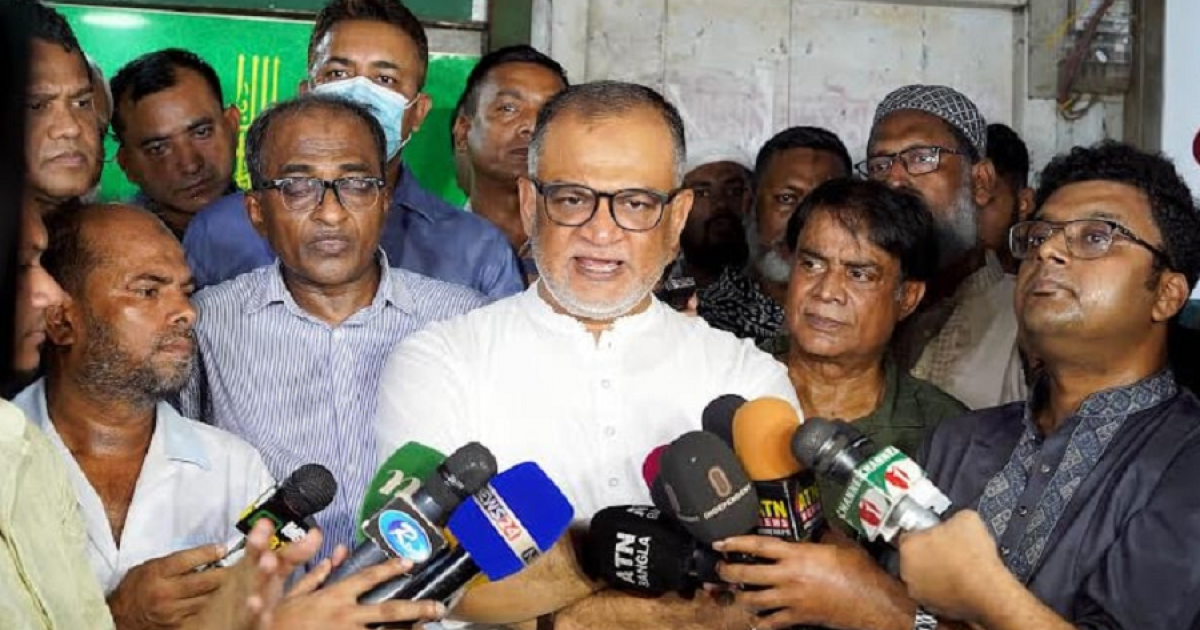


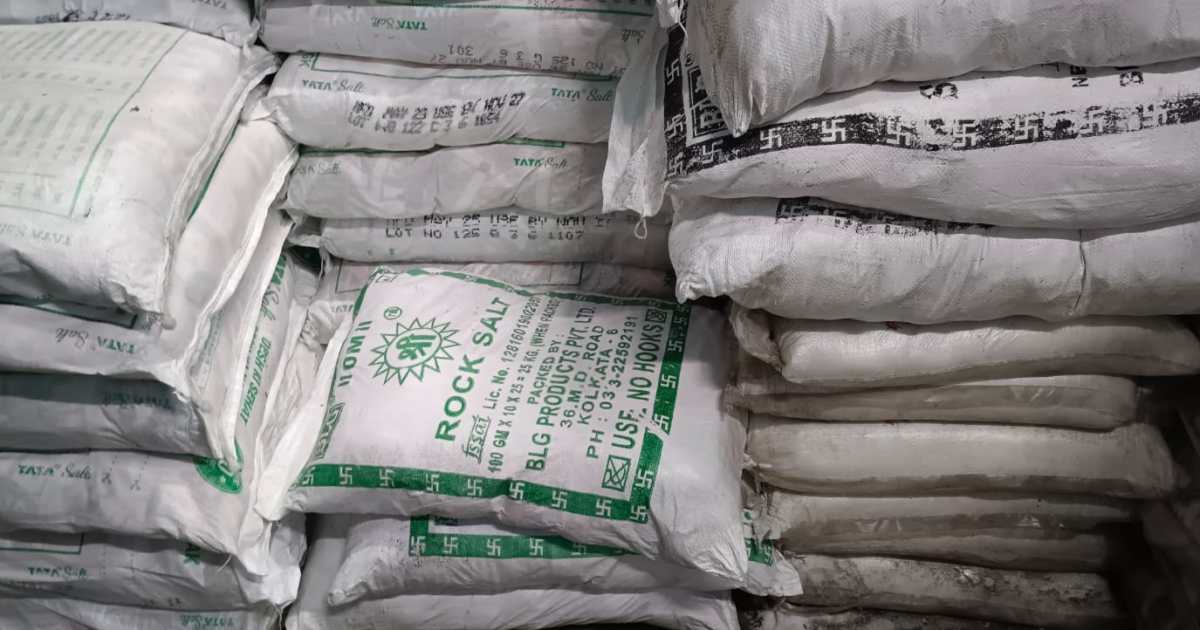
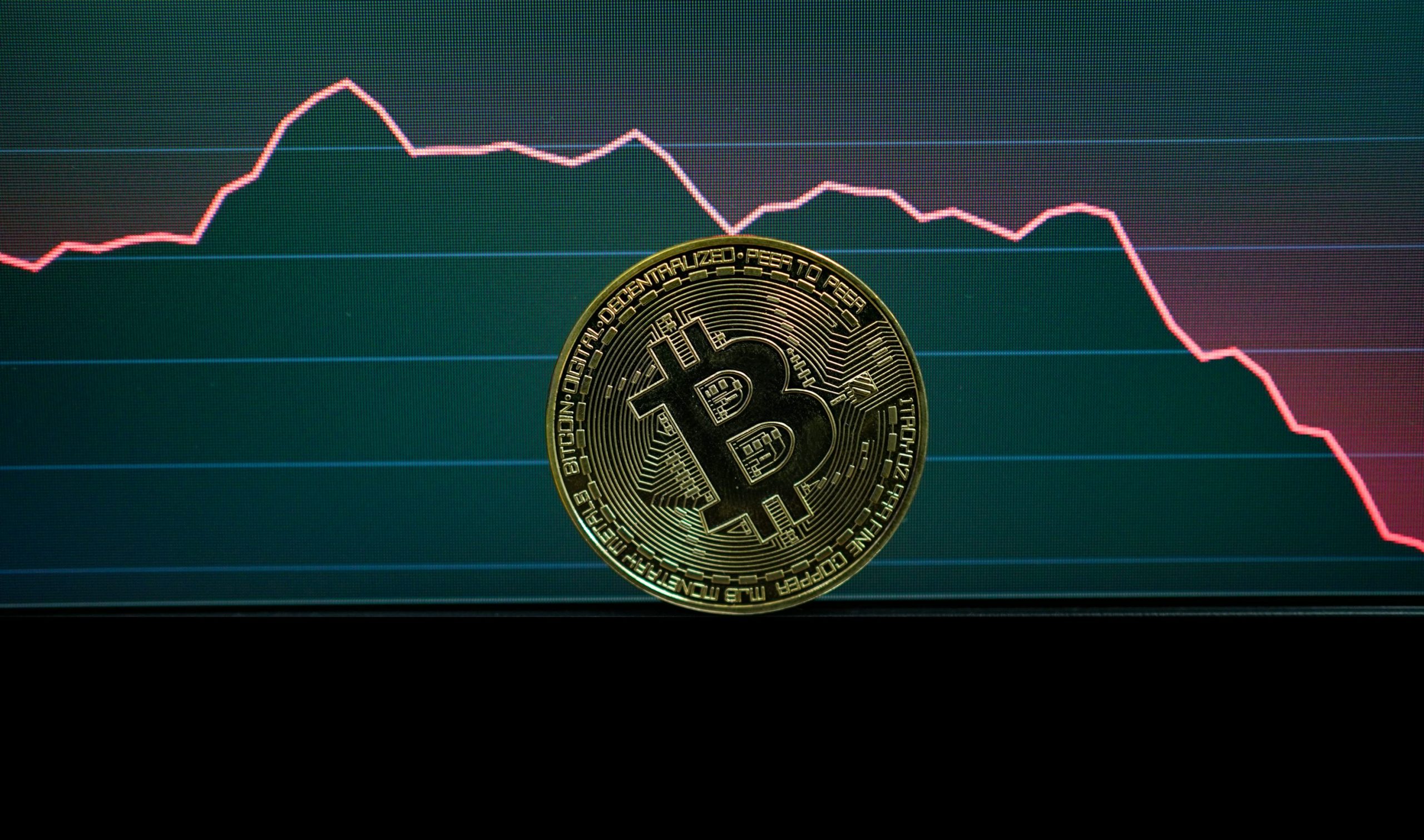
Leave a Reply